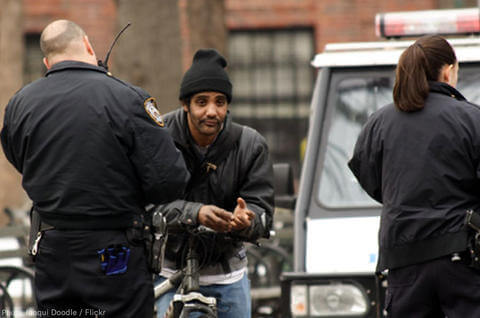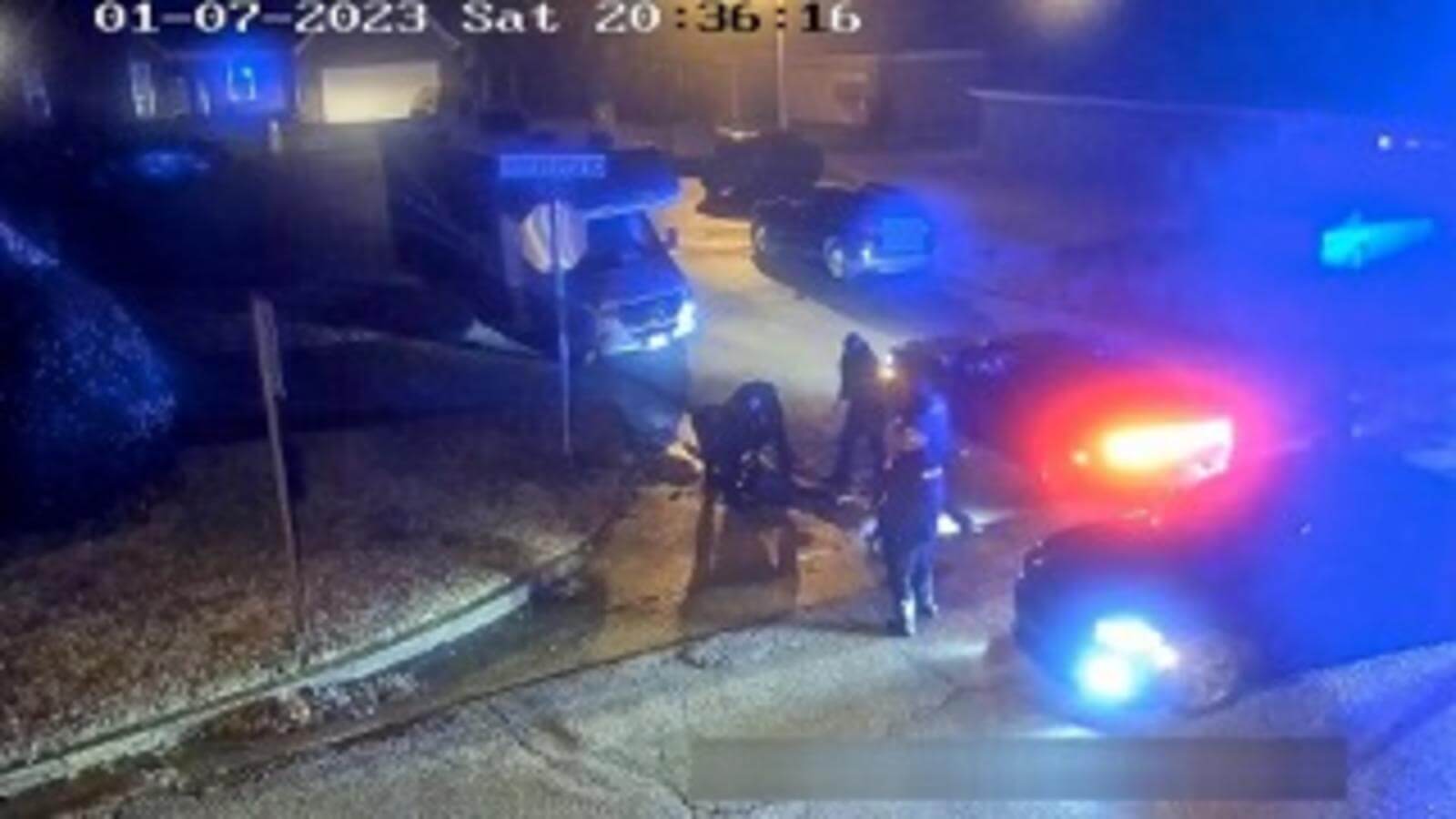
Reimagining Traffic Stops
Policy Considerations for Reducing Harm
Policy Considerations for Reducing Harm was produced by the Howard University School of Law and the Howard University Thurgood Marshall Civil Rights Center as one of three outputs from the Reimagining Police Stops Workshop Series. Howard Law and the Center sought to produce independent recommendations that would generate both measurable and lasting change in the potential for stops to produce harm that highlight the voices and views of the communities most impacted by policing and police stops. The document also includes an independent assessment of the evidence base for each recommendation from The Lab @ DC.
Reimagining Police Stops Policy Considerations
Executive Director Hansford Discusses Alternatives to Police Violence on CNN

